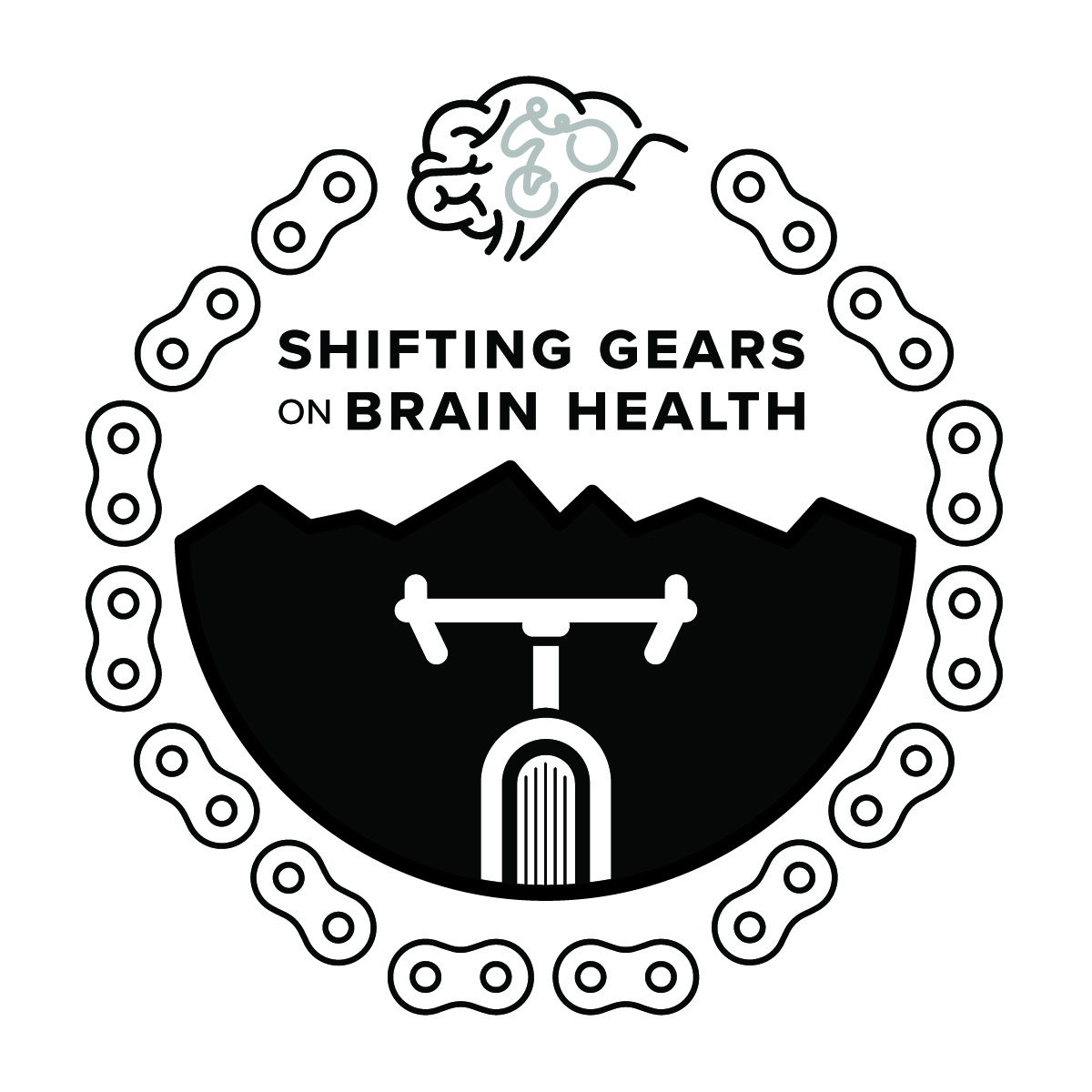By Powell Brown and Barrett Brown
What does cycling have to do with brain health? If you ask us, everything.
We have each been cycling for 15+ years (Barrett for over 25, but it’s not a competition, right?). The physical discipline and stamina required when cycling, along with the stress release, has become a central part of our daily lives — our form of self-care.
Four years ago, this passion for cycling became something we could translate into support for brain health — how we refer to mental health — programs in our communities.
In 2018, three Brown & Brown teammates took their own lives. In our book, any number greater than zero is too many. This experience became a catalyst and a call to action for us.
Powell’s first ride for brain health, Race Across America, took place in 2019, raising $1.2 million for Skyland Trail, an Atlanta-based nonprofit that helps people with mental illness thrive. Funds raised supported the construction of a dedicated campus for adolescents.
Today, we continue championing brain health and wellness through Shifting Gears on Brain Health. We are committed to raising $6 million to support organizations across the U.S. and internationally that are on the front lines advocating for brain health.
Why does there need to be a shift?
Historically, workplace culture has encouraged the separation of well-being and professionalism. To be emotional was inappropriate. To talk about anxiety was uncomfortable. The workplace was for work; personal struggles were to be handled after hours.
More than 1 in 5 adults in the United States lives with a mental illness1 and an estimated 32% report symptoms of anxiety or depressive disorder in 2023.2 These symptoms do not disappear at the office door.
The COVID-19 pandemic amplified the brain health challenges of our communities by isolating many people and creating access barriers to health services. Within the first year of the pandemic, the global prevalence of anxiety and depression increased by 25%3, and access to mental health and substance-use treatment services was further limited for racial and ethnic minority groups.4
This old-school way of thinking that separates the workplace from well-being looks at the role of work as strictly a financial endeavor. Don’t get us wrong; financial security is one pillar of a person’s health. But the average professional spends about one-third of their waking hours per week at their job. Employers can no longer ignore their responsibility for the other three pillars. We must care about and support the holistic health of our teams and communities.
The 4 pillars of health
You can look at the four pillars of health — physical, spiritual, financial and mental (brain) — as the foundational columns holding up a person’s well-being. Or, as we like to think of them, the components of a well-functioning bike. When all the parts are working and doing their job to push you forward, a difficult ride can always be tackled.
Physical health is about movement. Our bodies are not designed for sedentary lifestyles. Being physically active can reduce the risk of disease, strengthen bones and muscles, keep your weight in check and improve your ability to perform everyday tasks.5
We cycle. Cycling is not for everyone. How each person decides to move their body regularly is up to them. What is consistent is that by focusing on your physical health, you build confidence, self-esteem and the ability to support your success in the other three health pillars.
That feeling of being in the zone when accomplishing a physical challenge is euphoric. You reach a certain level of confidence that reminds you that you can do anything you set your mind to.
Spiritual health aligns with finding that purpose. And spiritual does not necessarily mean religious. Studies have shown that when we align our goals and tasks to a greater purpose or meaning (whatever that means to you), we tend to be happier, enjoy stronger personal relationships and have better brain health.6 Without this sense of purpose, we are more vulnerable to boredom, frustration and pessimism.7
Whether a person’s job directly connects to the greater purpose they have set for their lives is out of an employer’s control. However, as leaders, we can create core values for our teams and articulate how each person contributes to the organization’s greater goals.
Financial health is multifaceted, extending beyond someone’s biweekly paycheck and into their ability to pay their bills, save for short- and long-term goals and minimize financial stress. Financial stress can manifest physically and emotionally, causing insomnia, anxiety and negative impacts on relationships.8
Employers can play a large role in the financial health of their team. One in three employees wants their employers to provide increased financial health support.9 This support can take many forms, such as offering financial education, sponsoring personalized tools that build financial literacy or offering employee stock purchase plans, like we do at Brown & Brown.
Brain health is supported by the stability of the other three health pillars. When our physical, spiritual and financial needs are met, we can manage smaller, everyday challenges better.
We also understand that not all components of brain health are within our control. That’s why organizations need to build a safe environment for team members, creating an open dialogue about the importance of brain health conversations and proactively providing resources for team members who may be struggling.
Shifting gears on brain health
We cycle for our health but also to support the brain health of others. We’ve set a goal to raise $6 million to directly support global nonprofit organizations working in brain/mental health research, education, prevention and treatment.
Follow along as we take on the 470-mile journey through the French Alps to raise awareness and funds to support brain health. Please consider donating and join us in Shifting Gears on Brain Health.
